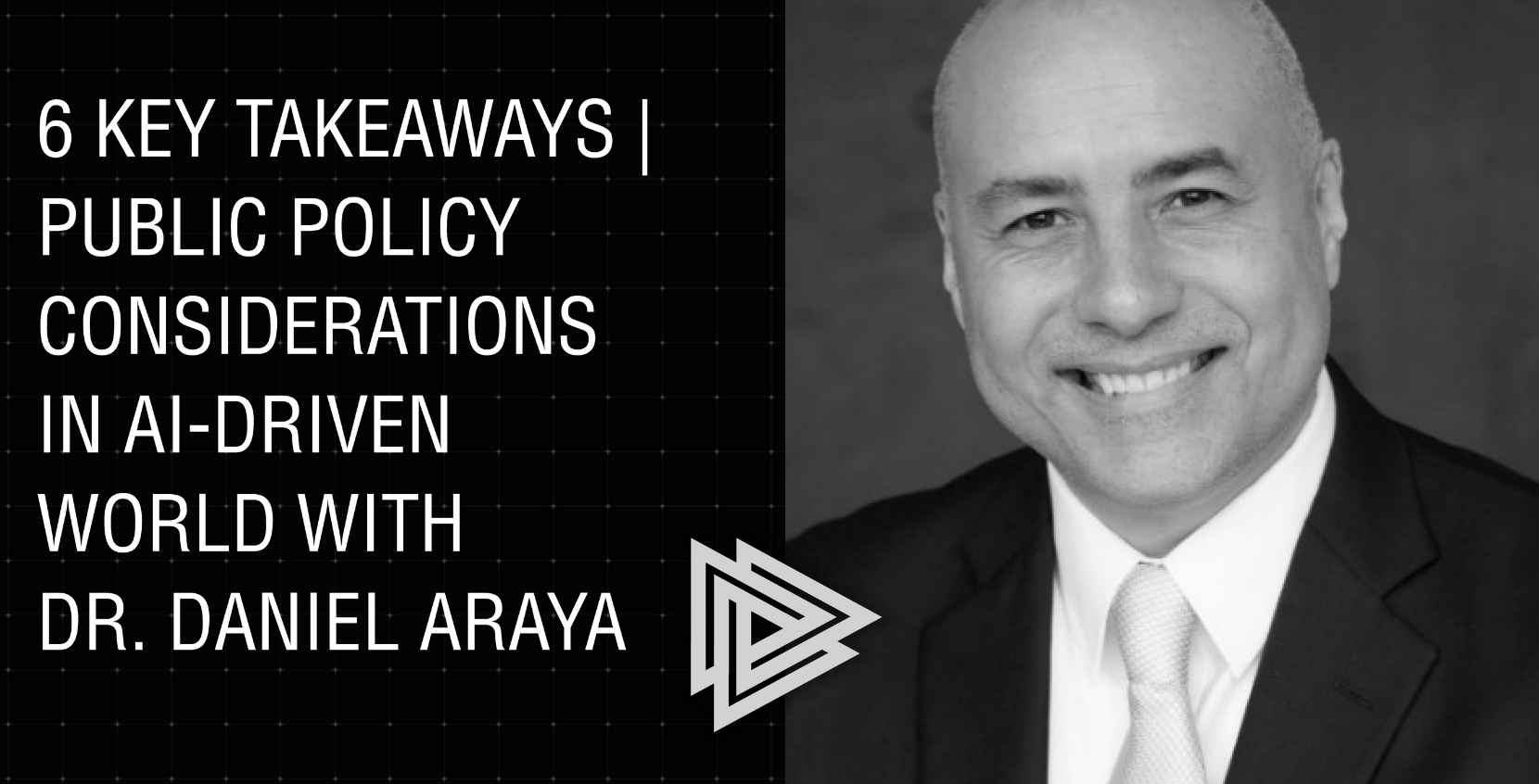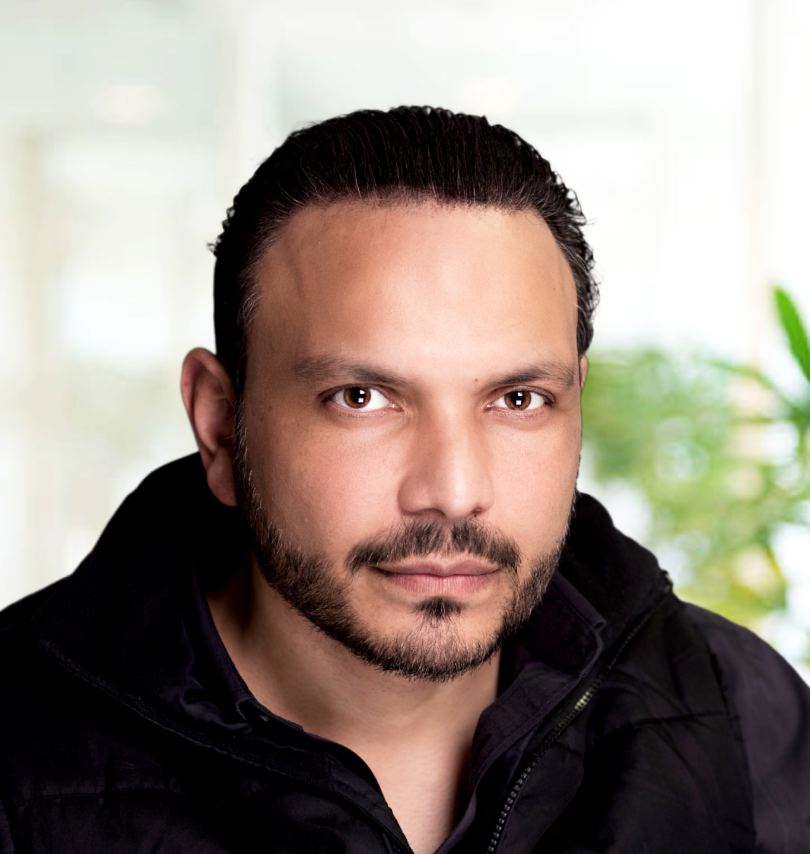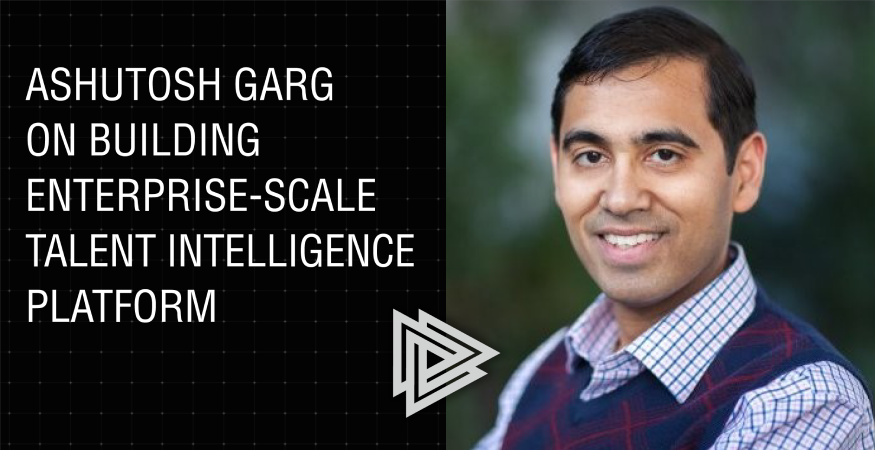
SUBSCRIBE ON:
Introduction to Dr. Daniel Araya
Dr. Daniel Araya is the co-founder of Aion Advisors, an international consultancy and think tank. He is a senior partner with the World Legal Summit, and Senior Fellow at the Centre For International Governance Innovation (CIGI). Dr. Araya is a leading expert at the intersection of artificial intelligence, public policy and governance. He is a regular contributor to Forbes and the Brookings Institution, and his latest books include ‘Augmented Intelligence’, a book on the Future of Work and Learning, published in 2018, and ‘Smart Cities as Democratic Ecologies’ published in 2015.
Daniel has a doctorate from the University of Illinois at Urbana-Champaign and is an alumnus of Singularity University’s graduate program in Silicon Valley.
1. Getting Ready for replacing routine labor with AI & robotics
Daniel believes the level of transformation we’re facing is revolutionary, especially with regard to the government in the United States, mostly because the US anchors the global system. If the US system were to collapse, the whole world economy would likely collapse. With this being said, it is important for US leaders to begin to prepare for radical change, like labor disruption and automation — replacing routine labor with AI and robotics.
As we move into new social policies in the United States, it feeds into massive changes that are occurring outside of the US, like the rise of Asia and China. Asia is now going to be the center of the global trade, especially with China leveraging technology more effectively than the West. We are facing the United States losing its place in the global order to China.
With the majority of people working from home, the companies that are doing well in the new environment are digital companies, such as Amazon and Microsoft. Moving forward, we are only going to see more focus on digitalization and a digital economy, especially as the older industrial economy begins to unravel or decline.
Artificial Intelligence is a general-purpose technology, and it will impact multiple industries in different ways. AI will begin to impact everything from children’s toys, to services, to infrastructure, to smart cities, to automation. It’s not something that old policies will easily manage. But we’re going to need to regulate Artificial Intelligence at a very broad level. The impact of AI will be substantial, and we can anticipate an entirely different civilization with the development of new technologies. We’re going to need a different kind of regulatory and governance system to manage it.
As Elon Musk, Hawking, and many others have suggested, AI can be a very unstable technology if not managed properly. And the world now geopolitically is shifting towards regionalization, in part because new wealth is emerging in other places outside of the West. This could be a very destabilizing problem in the future.
2. Reaching A Hidden Regionalized Economy
With the rise of Asia, China’s potential is huge, and will probably take over mass manufacturing across the board. The question is: if we automate a platform that frees up people to do more advanced work, what would that work be? In Daniel’s opinion, the cultural industry. More people will be interested and involved in the creative arts, way more so than in the past. Work we once thought were valuable will become algorithms, and perhaps even invisible within the platform of manufacturing and distribution of goods. We’re basically going to build a civilization on top of a platform of full automation.
Daniel reiterates we will also see a huge impact on the school system. He believes there is a high chance we will reinvent learning around AI and simulations, for we might not even have a choice. The classroom model formed during the agricultural era is slow and outdated. We need to establish a new system of learning.
3. Interacting with China
With China being very opaque, it’s difficult to gauge their strategy and planning. On the surface, it looks like China is a developing country that just got access to the World Trade Organization. However, Daniel believes that there is something deeper about China, for China knows how to build effective bureaucracies. China also scales better than any other country. Daniel views China not as a huge threat to the west or the north, but rather the global south. There is a chance that China will lead the global South from Africa to Latin America, and parts of Latin America to Southeast Asia.
In Daniel’s opinion, the US needs a new generation of leaders. For example, many Baby Boomers do not have any understanding of technology, and they do not appreciate exponential innovation. Baby Boomers grew up in a factory era, in which the social welfare state was functional. What would be beneficial is a new generation, whether Gen X, Millennials, or Gen Z, to restructure government in the US. A new generation could take the helm and drive the ship in the right direction.
4. Basic Universal Income and Monopolies
Universal income is an expensive adventure and venture, there is not an alternative in the short term. However, Daniel believes that it does not solve all problems in the long term. Basic income is a national project, and something only national governments can provide. Only wealthy countries will be able to afford this concept. And the next question is — where does the tax revenue come from to then redistribute as a basic income?
Daniel thinks capitalism that we’ve taken for granted is going to change. What is happening is tech companies are becoming monopolies, and essentially taking over whole industries. As these companies get bigger and bigger, no one will be able to compete with them. And like Amazon, they use algorithms to improve production efficiency.
What we’re witnessing is the rise of the tech era where market churn begins to slow down and transition more towards the creative industries. People will pay for the arts more in the future when their other needs are met, however, this transition will prove to be a bumpy one.
5. Responsible AI
We must be careful with Artificial Intelligence, even slow in some respects. It is inevitable that mistakes will be made.
An example is the military leveraging AI technologies and transitioning to a different generation of warfare. As we move into a tech driven system of societal, economical, and institutional change, old solutions will not work. We are really going to have to think through new solutions and work through trial-and-error to ensure responsible AI.
Artificial Intelligence is an extension of us. We don’t have to see Artificial Intelligence as an alien machine. We must keep in mind that some people will have better tools to utilize AI than others, which could lead to more inequality. And there are people & companies who will leverage AI not for the greater good. We must be mindful on all accounts as we technologically advance.
6. Advice to World Leaders Post-Pandemic
With Daniel more biased towards technology, he is often labeled as a determinist. He believes we’re entering into an era where software is fundamental to everything and does not feel there will be anything but tech companies in a decade or two. As smart software & robotics take over the world, it’s going to be critical for people to be better educated at every age about both the upside and downside of technology. Everyone will have more of an appreciation for technology that is leverageable for social change, and we should develop a vision about where we want to go. Young people in the context of education should be inspired by the future, not afraid of it. We must leverage these technologies. Part of that is research and looking at the curve around falling costs, which circles back to China. China has the capital and the ambition to build infrastructure in the developing world.
As a whole, we must work on leveraging energy more effectively and efficiently, while using data and analytics to do so.
https://www.danielaraya.com/in-development
Book: Augmented Intelligence: Smart Systems and the Future of Work and Learning

About the Host
Ari Yacobi is a data scientist, a teacher and a storyteller who has spent his career at…Read the Bio











